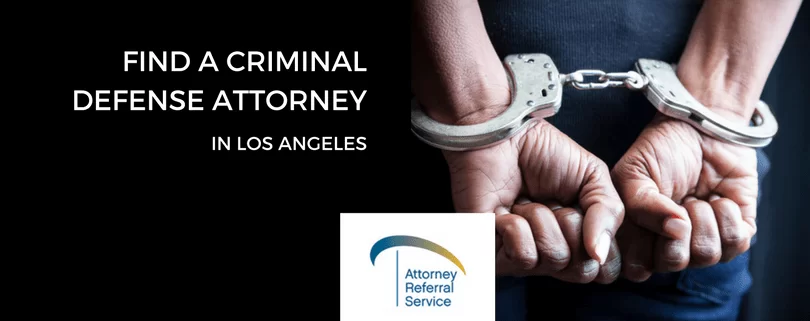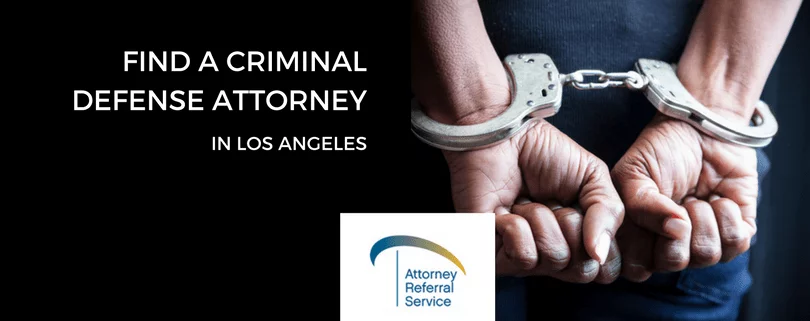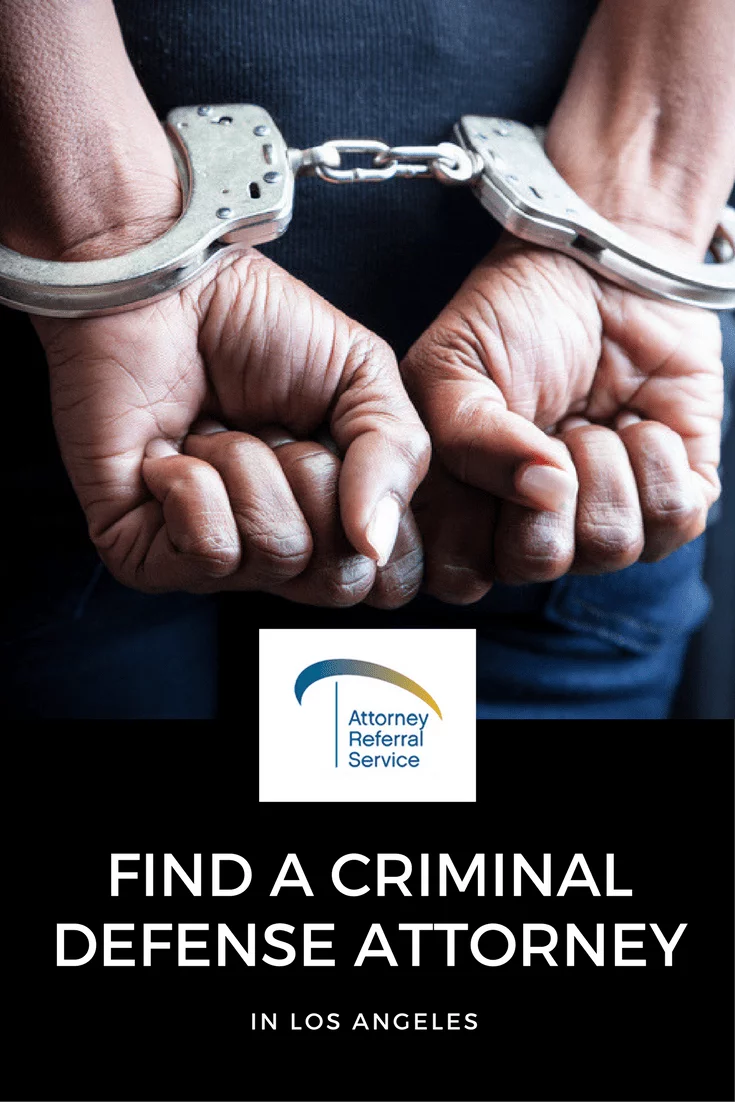Find a Criminal Defense Attorney in Los Angeles
You need to know how to find a criminal defense attorney in Los Angeles earlier than later to ensure you’re protected and prepared. Here are some helpful tips to get you started.
If you have been suspected of a crime or charged with one in Los Angeles, you should think about getting a criminal attorney to present your case, defend you, and negotiate a dismissal or minimum penalty. The California trial system is very challenging for someone unfamiliar with the process, and legal advice from a defense lawyer is a wise choice for anyone who may have to experience it.
The criminal process in Los Angeles involves several stages, starting with arrest, arraignment and pretrial, and proceeding to trial and possible sentencing.
The arraignment process is the first opportunity for someone charged with a crime to plead their case. The three most common pleas are “guilty,” “not guilty” or “nolo contendere” – also called “no contest.”
“Not guilty” plea – and bail
If you plead “not guilty,” the judge will then address the issue of bail. Bail is the money that is to be posted with the court to ensure you will attend all court appearances. In Los Angeles, bail is usually set to the local county bail schedule, but if the bail is high, you have the right to ask for it to be reduced.
The judge will look at several factors in deciding whether or not to lower the bail. The most important factor is public safety, but other factors could include past history, the seriousness of the offense, community ties, and likelihood you will return to court.
You could also be released from any bail on what is called your “own recognizance” (O.R.). This means you are not a danger to society and there is a fair chance you will attend all court appearances.
“No contest” plea means guilty
The “nolo contendere” plea means that you do not wish to contest the charge, and in California, this is considered the same as a guilty plea and results in a criminal conviction. You are technically not admitting guilt in this case but are allowing the court to decide on your punishment.
Before this plea is honored, the judge must accept it and explain to you that it is considered the same as a guilty plea. The judge wants to make sure you understand that the court will find you guilty. The judge also wants to ensure that you are making this decision voluntarily and are not being forced to do so.
A “guilty” plea in Los Angeles will take the legal process straight to the sentencing hearing, described below.
Pretrial phase: determining probable cause
The pretrial phase of criminal proceedings is where most cases get resolved before going to trial. The pretrial phase involves court appearances, discussion and “discovery” of evidence, motions made to the judge for some action or decision, and negotiations (such as plea bargaining).
In a felony case, the pretrial proceedings are held as a way to determine “probable cause.” This means that there has to be probable cause to believe a crime has been committed and probable cause to believe you committed the crime. And there should be evidence to support these beliefs.
If both charges are held reasonable based on the evidence, the judge will move for a trial.
The two kinds of trials in Los Angeles
There are two kinds of trials in Los Angeles, bench trials, and jury trials. In a bench trial, the judge is both judge and jury. In a jury trial, 12 members of the community – your “peers” – are selected to hear the evidence and decide if you are guilty or innocent of the charges against you.
Here is where it is very valuable to have an attorney on your side. It is possible for a court judge to decide that the pretrial hearing judge made a mistake in finding a cause and holding you accountable for the crime. In California, a Los Angeles criminal attorney can ask that one or more charges against you be dismissed or set aside. The attorney files a “Penal code 995” motion on your behalf.
There are other situations that may benefit you during trial proceedings. If evidence was seized illegally or if the arresting officer or officers have a record of complaints or bias, the case against you could be a lot weaker. A Lost Angeles criminal attorney would know how to make these situations known to the court.
Sentencing hearing in Los Angeles
Once convicted of a crime in the state of California, state law provides an opportunity for both prosecution and defense to be heard with regard to sentencing.
At a sentencing hearing in Los Angeles, for example, the prosecution will try to show how aggravating circumstances justify a harsher penalty, and the defense will try to show how mitigating circumstances justify a minimum penalty.
As a defendant, you have certain rights regarding a sentencing hearing. They include the right to be present for sentencing, the right to be represented by an attorney, the right to present your own evidence, and the right to propose an alternate sentence. There are more rights involved as well.
How evidence is considered is another part of the sentencing hearing. The evidence is examined to see how it was acquired and if it was obtained during a legal search and seizure. Out-of-court statements concerning the circumstances of the charged offense may also be considered. Attorneys on both sides have the opportunity to respond to evidence.
The judge explains the sentence to both sides as well as the reasoning for the sentence. The judge also shows consideration for suggestions relative to alternate sentences.
Sentences can be concurrent or consecutive
If more than one crime is committed by the defendant, the judge will decide whether the sentence will be served concurrently or consecutively. A concurrent sentence means that the sentences run simultaneously during the time they overlap. So a defendant serving a two and three-year sentence concurrently will serve a total of three years.
A consecutive sentence, on the other hand, means one sentence starts when the other ends. A defendant serving a two and three-year consecutive sentence will serve a total of five years.
Los Angeles sentences fit the crimes
Misdemeanor crimes are typically punishable by up to six months or up to one year in a county jail. Many felonies are punishable in a number of ways, often having options like two, four or six years in the California State Prison.
The judge uses discretion and considers all factors in deciding on a sentence. These include aggravating and mitigating circumstances previously discussed. The ultimate sentence can be on the high side, low side or in the middle.
Even if you are found guilty after going to trial, a good Los Angeles criminal attorney can address some issues that make the verdict tainted in some way. These could include jury misconduct, some error of law by the court, prosecutor misconduct, new evidence, and more.
Having the right Los Angeles criminal attorney can be the difference between jail time and free time.
Are you in search for a certified attorney to represent you?
Let us help you find one today!





